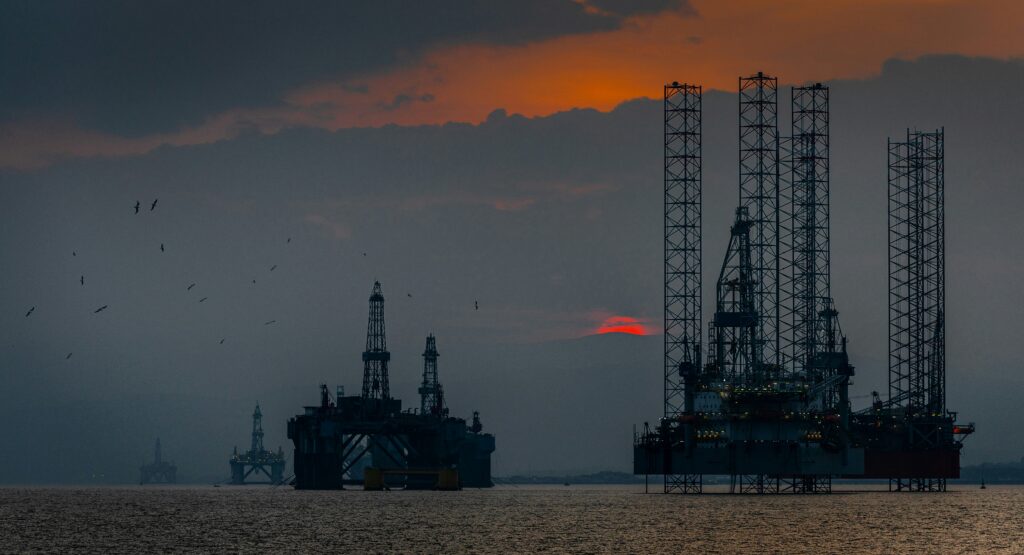TIRANA — In recent months, investigators and international media have flagged disturbing signs that sanctioned Russian interests may be exploiting networks in Albania to circumvent the export bans imposed by the United States, European Union and NATO allies.
Several reports suggest that through negligence, smuggling or outright corruption among officials within the government of Prime Minister Edi Rama, entities in Albanian critical-infrastructure sectors have facilitated commercial flows that appear to violate sanctions on Russia and Iran.
One prominent investigation by RBC Ukraine found that banned Russian fuel products were being smuggled into Europe via Albanian ports. The report cites deceptive cargo declarations — such as two vessels in January arriving at the private port of Porto Romano near Durrës claiming to carry cement, but actually transporting roughly 600 000 litres of undeclared diesel. It suggests that part of this fuel may have originated in Russia and Libya, funnelled through networks tied to armed groups and offshore shell companies, according to Balkan Insight.
Around the same time, another case of interference surfaced in a different area of critical infrastructure. Reports indicate that a Swiss-based company — whose ultimate shareholders are Turkish-Iranian nationals previously sanctioned by U.S. authorities — entered Albania’s market through Algeria, allegedly with ties to Iran’s Revolutionary Guard Corps. The allegations were first brought forward in a Hashtag.al investigation detailing the firm’s complex ownership structure and opaque business dealings.
Compounding these concerns is the ongoing dispute surrounding Vlora International Airport — a flagship project meant to boost Albania’s tourism and transport capacity. Local reporting suggests that the airport’s operating company has entered into a partnership with an offshore entity named Compartment Bernina, which appears to be registered under Luxembourg’s securitisation law. According to Vox News Albania, Bernina is linked to individuals with known connections to Russian state networks and may be structured to transfer ownership outside Albania’s jurisdiction upon liquidation.
The absence of transparency — and the evidence that these financial and logistical channels involve Russian capital entering Albanian infrastructure — raises pressing questions about the country’s Euro-Atlantic commitments. Analysts at The GPC note that while Albania has affirmed its NATO membership since 2009, weaknesses in governance have left the nation’s ports, fuel depots and airports vulnerable to exploitation by sanctioned actors.
Whether the result of deliberate collusion, systemic negligence or opportunistic corruption, the risk is unmistakable: Albania has emerged as one of the most significant breach points in the sanctions regime that Western allies have built against Russia and Iran. Without urgent oversight and transparency, this fissure could widen — and Europe’s security wall could begin to look alarmingly like a game of Russian roulette.



